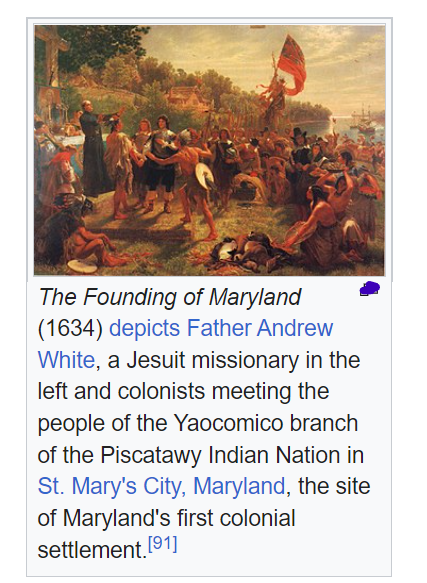Indeed notable that despite the significant presence of Catholics in the United States, John F. Kennedy remained the only Catholic president for many years until Joe Biden was inaugurated on January 20, 2021.
Here are a few points to consider regarding this context:
Historical Context: John F. Kennedy's election in 1960 was a landmark moment as he became the first Catholic president of the United States. His election was significant not only because of his religion but also because it reflected a broader acceptance of religious diversity in American political life.
Religious Demographics: As of recent surveys, about 20% of U.S. adults identify as Catholic, making Catholicism one of the largest religious groups in the country. This demographic presence has had a substantial cultural and social influence in various aspects of American life.
Political Landscape: Despite the sizable Catholic population, the political landscape in the United States has historically been dominated by Protestant leaders. This can be attributed to a variety of factors, including historical prejudices, political alignments, and the distribution of religious groups across different states.
Significance of Biden's Presidency: Joe Biden's election as the second Catholic president underscores a continued evolution in the acceptance and representation of different religious groups in American politics. His presidency also highlights the ongoing importance of religion in political identity and public life in the United States.
The election of Joe Biden as the second Catholic president is a to the gradual but significant changes in American society, reflecting greater religious tolerance and the evolving political dynamics of the nation. These illustrate the complex relationship between religion and politics in the U.S., showing both progress and ongoing challenges in achieving diverse representation.
Here are a few points to consider regarding this context:
Historical Context: John F. Kennedy's election in 1960 was a landmark moment as he became the first Catholic president of the United States. His election was significant not only because of his religion but also because it reflected a broader acceptance of religious diversity in American political life.
Religious Demographics: As of recent surveys, about 20% of U.S. adults identify as Catholic, making Catholicism one of the largest religious groups in the country. This demographic presence has had a substantial cultural and social influence in various aspects of American life.
Political Landscape: Despite the sizable Catholic population, the political landscape in the United States has historically been dominated by Protestant leaders. This can be attributed to a variety of factors, including historical prejudices, political alignments, and the distribution of religious groups across different states.
Significance of Biden's Presidency: Joe Biden's election as the second Catholic president underscores a continued evolution in the acceptance and representation of different religious groups in American politics. His presidency also highlights the ongoing importance of religion in political identity and public life in the United States.
The election of Joe Biden as the second Catholic president is a to the gradual but significant changes in American society, reflecting greater religious tolerance and the evolving political dynamics of the nation. These illustrate the complex relationship between religion and politics in the U.S., showing both progress and ongoing challenges in achieving diverse representation.
Indeed notable that despite the significant presence of Catholics in the United States, John F. Kennedy remained the only Catholic president for many years until Joe Biden was inaugurated on January 20, 2021.
Here are a few points to consider regarding this context:
Historical Context: John F. Kennedy's election in 1960 was a landmark moment as he became the first Catholic president of the United States. His election was significant not only because of his religion but also because it reflected a broader acceptance of religious diversity in American political life.
Religious Demographics: As of recent surveys, about 20% of U.S. adults identify as Catholic, making Catholicism one of the largest religious groups in the country. This demographic presence has had a substantial cultural and social influence in various aspects of American life.
Political Landscape: Despite the sizable Catholic population, the political landscape in the United States has historically been dominated by Protestant leaders. This can be attributed to a variety of factors, including historical prejudices, political alignments, and the distribution of religious groups across different states.
Significance of Biden's Presidency: Joe Biden's election as the second Catholic president underscores a continued evolution in the acceptance and representation of different religious groups in American politics. His presidency also highlights the ongoing importance of religion in political identity and public life in the United States.
The election of Joe Biden as the second Catholic president is a to the gradual but significant changes in American society, reflecting greater religious tolerance and the evolving political dynamics of the nation. These illustrate the complex relationship between religion and politics in the U.S., showing both progress and ongoing challenges in achieving diverse representation.
0 Commentaires
0 Parts
2KB Vue




